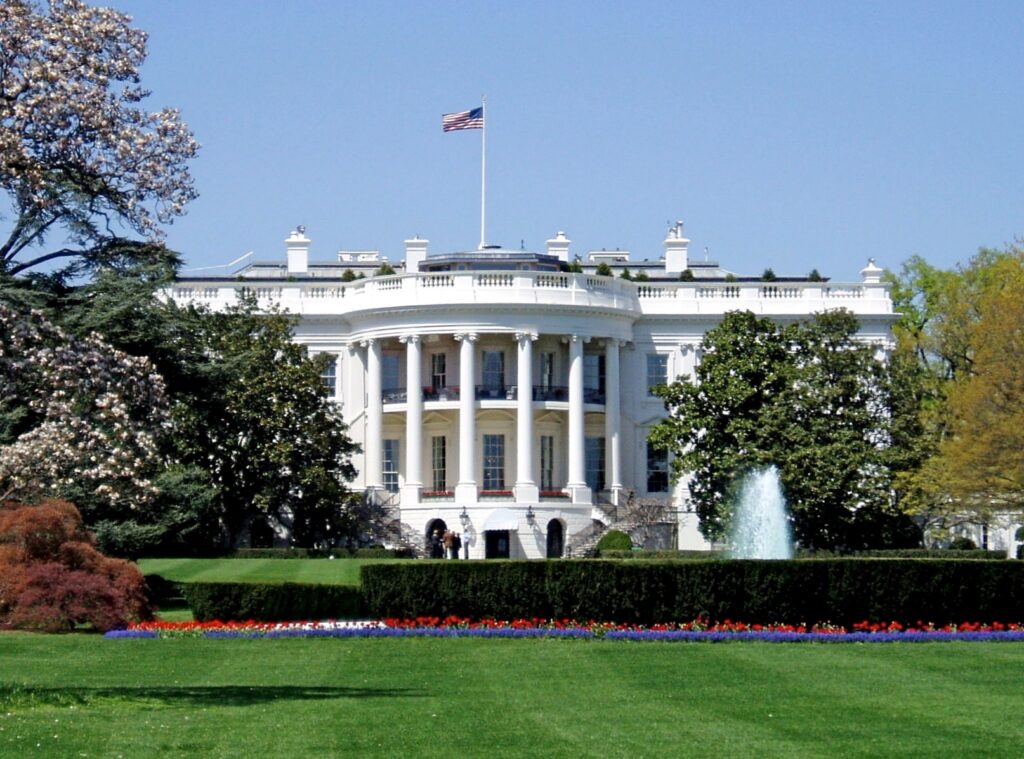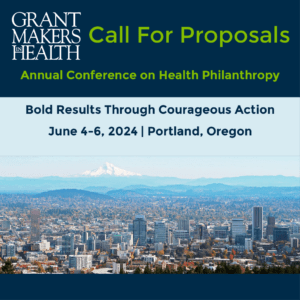The Final Reconciliation Package: Implementation of Key Provisions
On July 4, 2025, H.R. 1, the One Big Beautiful Bill Act, was signed into law. The implementation dates for key health care provisions in the law vary, with some taking effect immediately upon passage and others being implemented over several years. This resource details key dates for the implementation of the law’s most significant health care provisions.
Deadlines in Health-Related Executive Orders and Presidential Memoranda
This GIH policy resource details many of the health-related executive orders issued by the administration and includes a calendar of upcoming deadlines for when those orders are expected to be implemented.
Beyond the Exam Room: Impacting Health Outcomes Through Civic Engagement
August marks Civic Health Month, a time to showcase the link between voting and health and celebrate efforts that ensure every voter can support their community’s health at the ballot box. At the same time, the United States is grappling with a health care system ranked 37th globally despite consuming 17 percent of the country’s GDP. With 26 million Americans uninsured and 43 million underinsured, the gap in access to care continues to widen. This crisis will deepen as critical ACA subsidies expire at the end of 2025, potentially leaving 3.8 million more Americans without coverage, in addition to new federal cuts to Medicaid and changes to how coverage is accessed through the health insurance marketplace, which could result in as many as 20 million Americans losing their health insurance.
2024 GIH Annual Conference: Call for Proposals
We invite you to submit a session proposal for the 2024 Grantmakers In Health Annual Conference on Health Philanthropy: Bold Results Through Courageous Action.
Terrance Keenan Institute Alumni Reflect on How COVID-19 Changed Grantmaking
Foundations play a vital role in the nonprofit sector, funding everything from safety net services to social innovation. Like many businesses, philanthropic organizations altered their ways of doing business in response to the COVID-19 pandemic. The health sector, including hospitals and other health care settings along with public health organizations, were deeply affected by the magnitude of illness and the polarization of the pandemic response. To understand exactly how the business of health grantmaking shifted during COVID-19, Jennifer Chubinski and Allen Smart conducted in-depth interviews with health foundation leaders from around the country to learn what changed in their grantmaking strategies and practices.
The Kids Are Okay: Lessons Learned from a Youth-Led Participatory Grantmaking Program
The Natrona Collective Health Trust (NCHT) was created in October 2020 after the sale of our community’s standalone nonprofit hospital to a regional hospital system. As Wyoming’s first health conversion foundation, NCHT uses trust-based philanthropy and systems change advocacy to advance the mental well-being of our community’s young people. During an extensive strategic planning process, we found that at both our community and state levels, there is insufficient infrastructure to address mental and behavioral health needs, which perpetuates health disparities and high incidences of childhood trauma.
The SCAN Foundation: September 2023
The SCAN Foundation published a report analyzing 2014-2020 Health and Retirement Study (HRS) data. The analysis found racial inequities in telehealth, access to care, and health status during the first year of the pandemic. In 2020, non-Hispanic Black and Hispanic adults over 50 experienced worse self-reported health status, used less telehealth, delayed care more, and were less likely to have their care preferences considered compared to their white counterparts.








